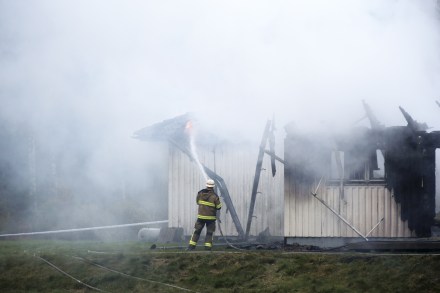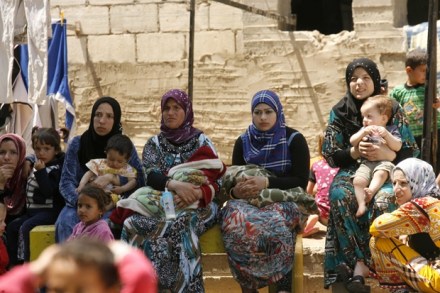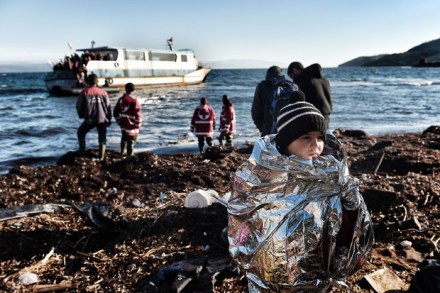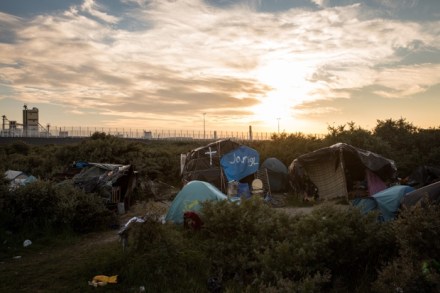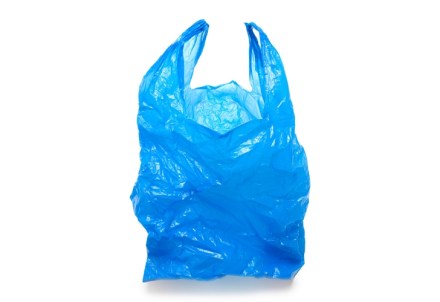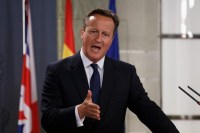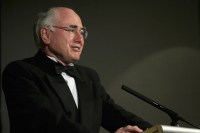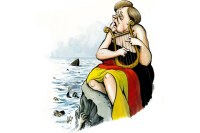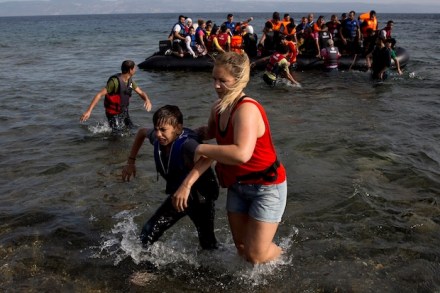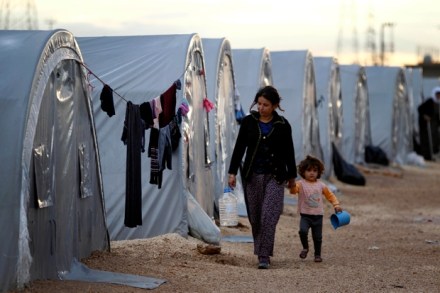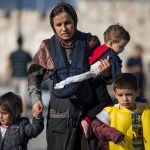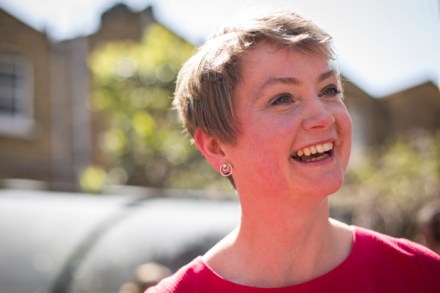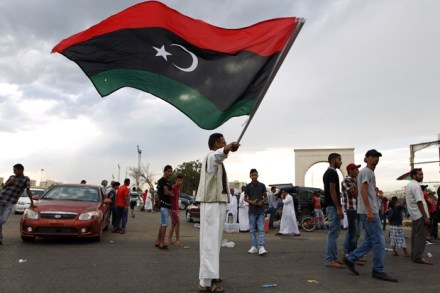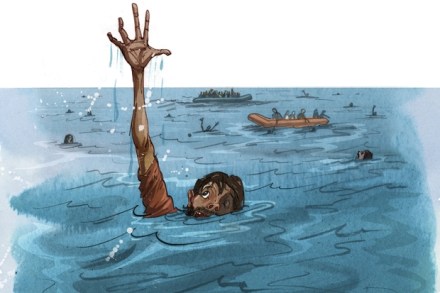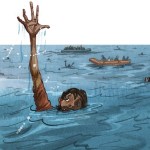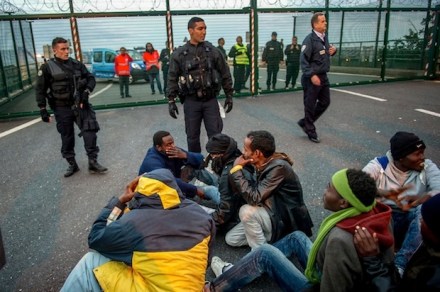The shocking rise of anti-refugee attacks in Sweden
Sweden, perhaps the most open country in the world, is on course to take almost 200,000 asylum seekers this year. Adjust for population size and that’s like the UK taking a refugee city the size of Birmingham. It can’t cope. Yet political refusal to admit this is incubating concern – sending voters towards the anti-immigrant Sweden Democrat parties. But most shockingly, a trend is emerging of attacks on immigrants. I look at this in my Daily Telegraph column today. [datawrapper chart=”http://static.spectator.co.uk/qjCco/index.html”] Sweden’s government and opposition parties both dislike talking about immigration; they are too quick to dismiss concerns as xenophobia. In so doing, they hand voters on a plate to the Sweden Democrats – a party denounced
